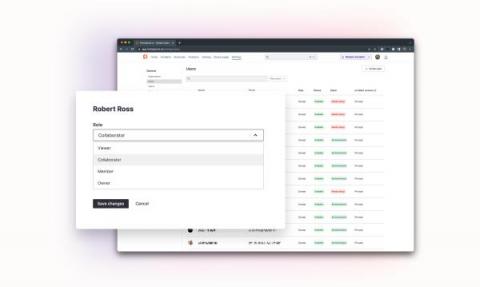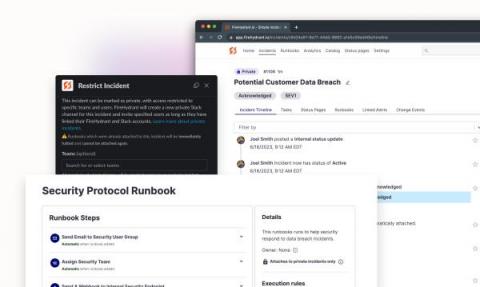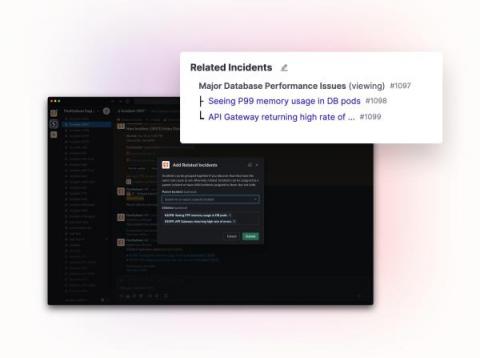Upgraded role-based access control brings more visibility - and control - to incident management at your organization
We’ve long believed that incidents (and technical team cultures) improve when more people are empowered to declare, follow, and contribute to their resolution. But not everyone in an organization needs to be able to manage the processes, rules, and settings a company enforces for their incident programs.






